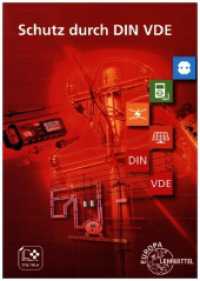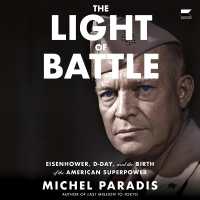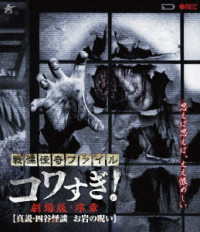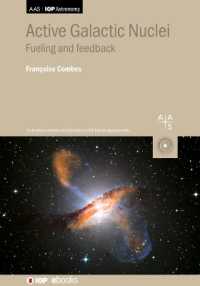Full Description
This is the first-ever book-length collection of articles on the subject of prosody and humor. The chapters are written by the recognized leaders in the field and present the cutting edge of the research in this new interdisciplinary field of study. The book covers a broad range of languages, using several theoretical approaches, ranging from cognitive semantic theories, to discourse analysis, and anthropology. All the contributions are anchored in instrumental empirical data analysis. The topics covered range from humor in conversation, to sitcom scripts, from riddles to intonation jokes, from irony in a laboratory setting to irony occurring in conversation, from friends' conversations in France, to business meetings in rural Brazil. The unifying theme is the search for markers of the humorous or ironical intentions of the speakers or of the genre of interaction. Originally published in Pragmatics & Cognition 19:2 (2011) and 19:3 (2011).
Contents
1. Introduction; 2. Prosody and humor (by Attardo, Salvatore); 3. Articles; 4. Recognizing sarcasm without language: A cross-linguistic study of English and Cantonese (by Cheang, Henry S.); 5. Prosodic and multimodal markers of humor in conversation (by Attardo, Salvatore); 6. Prosody in spontaneous humor: Evidence for encryption (by Flamson, Thomas); 7. Formulaic jokes in interaction: The prosody of riddle openings (by Bird, Christy); 8. Verbal irony in the wild (by Bryant, Gregory A.); 9. Rich pitch: The humorous effects of deaccent and L+H* pitch accent (by Wennerstrom, Ann); 10. Does prosody play a specific role in conversational humor? (by Bertrand, Roxane); 11. Prosody of humor in Sex and the City (by Urios-Aparisi, Eduardo); 12. Index








